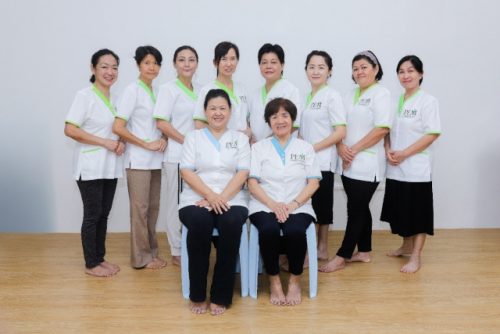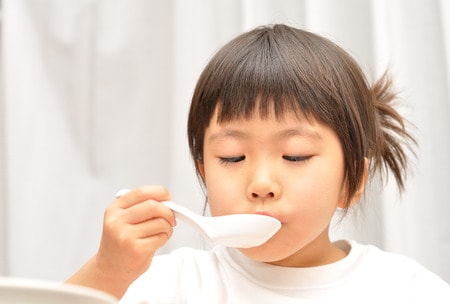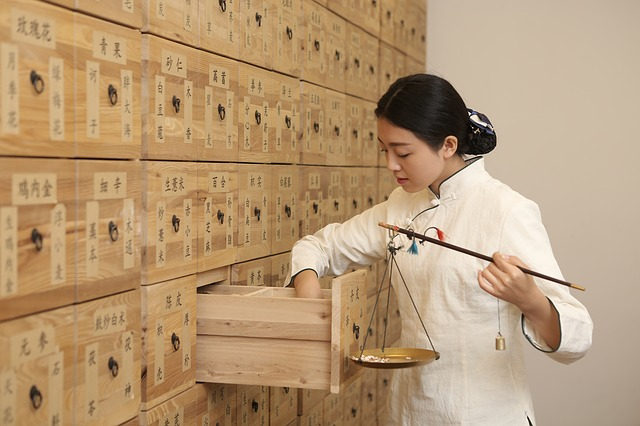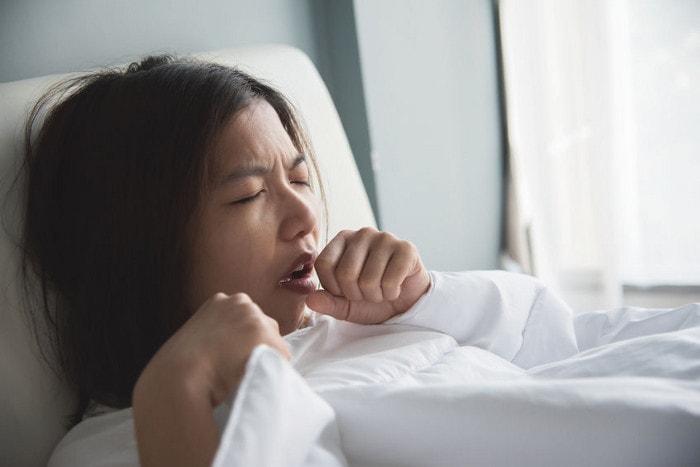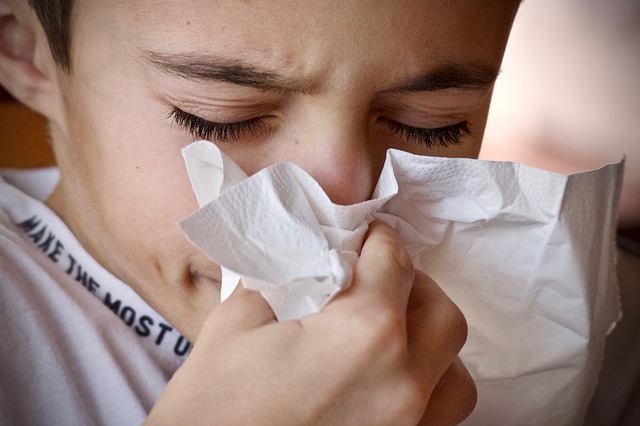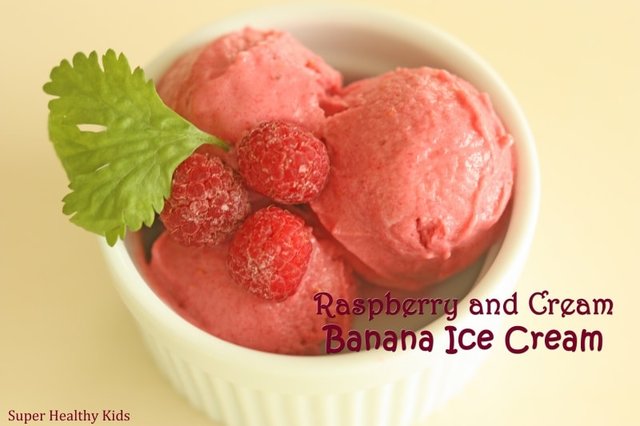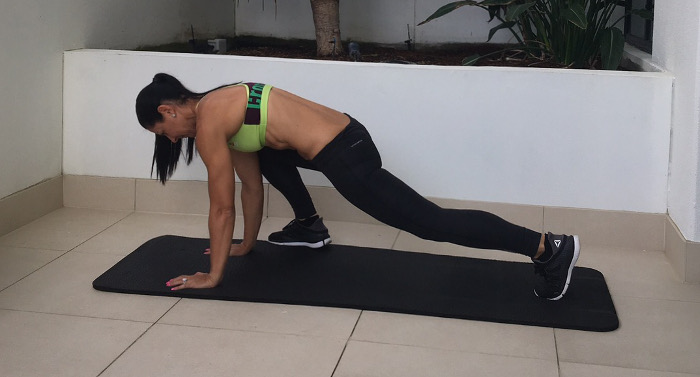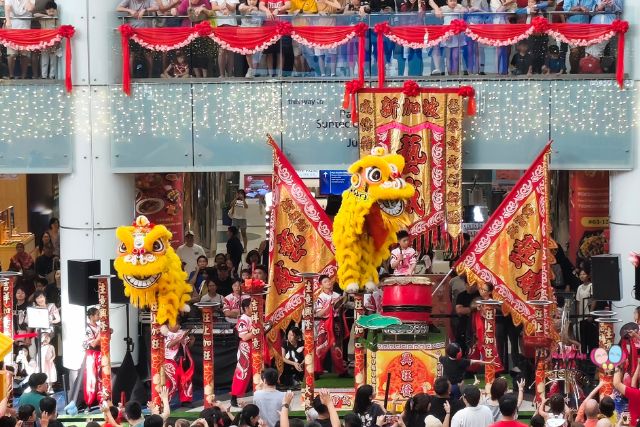Everyone hopes COVID-19 is not here to stay. However, whether it is COVID-19, a bout of flu or a cold, the best weapon is still our immune system. What does it mean to have a good immune system according to TCM?
⇒ Related Read: Power Up! Top 10 Immunity Foods For Children
In TCM, the earliest record on immunity can be found in the Inner Canon of the Yellow Emperor 《黄帝内经》, stating that “when healthy energy is well stored inside the body, no evils can cause interference”(正气内存,邪不可干). The way to contain “healthy energy” is through the balance of yin and yang.
The body’s yin and yang are regulated and adjusted continuously through the body’s own mechanism as well as our daily activities such as diet, sleep, physical activities, mental and emotional activities. When this yin-yang equilibrium is disturbed, it allows diseases to set in.
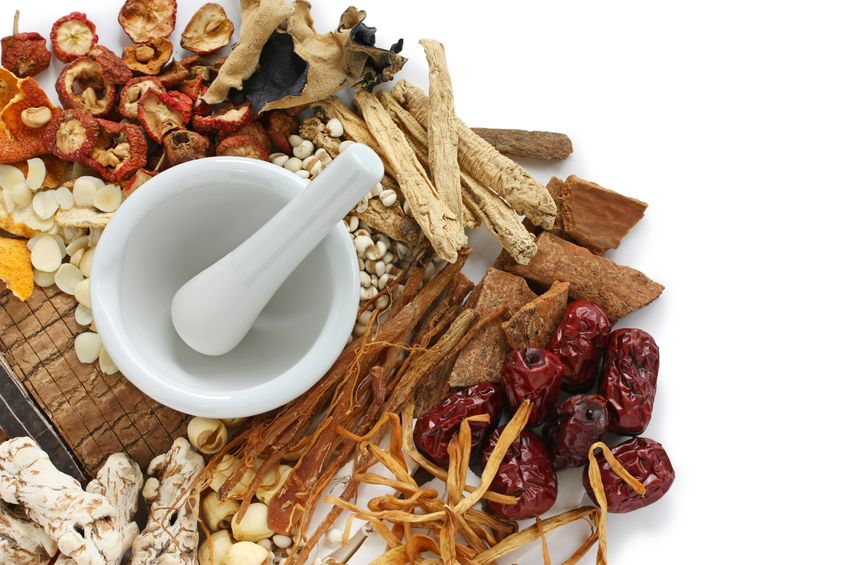
In Singapore, many people take TCM herbs to maintain their health. How do we know what types of herbs or tonics to take? To know this, we first have to know our own body constitution.
Below are some common body constitutions:
- Balanced
- Qi-deficiency
- Yang-deficiency
- Yin-deficiency
- Phlegm-dampness
- Damp-heat
Body Type | Physical Characteristics | Sign of Health/Illness
- Balanced | Well-proportioned | Full of vitality, good cold and hot tolerance, sleep well, good appetite, no fatigue
- Qi-deficiency | Weak muscular strength | Shortness of breath, no desire to speak, fatigue, sneezes or gets bloated easily, sweats easily, slight aversion to cold
- Yang-deficiency | High fat/muscle ratio or fat accumulation around hips | Intolerance of cold, loose stools, catches cold easily, weak appetite, clear abundant urine and/or night urination
- Yin-deficiency | Slim/thin | Dry skin, mouth, throat and eyes, irritable, pebble-like stools, flushed cheeks, night sweat
- Phlegm-dampness | Obese with more fat accumulation around abdomen | Feeling of bodily heaviness, sticky mouth, sticky sweat, excessive phlegm
- Damp-heat | Slim/normal | Thirst, hard/soft stools or constipation, bad breath, bitter taste in mouth, acne and/or eczema
Common Herbs for Building Respiratory Health
1. Ginseng (人参)
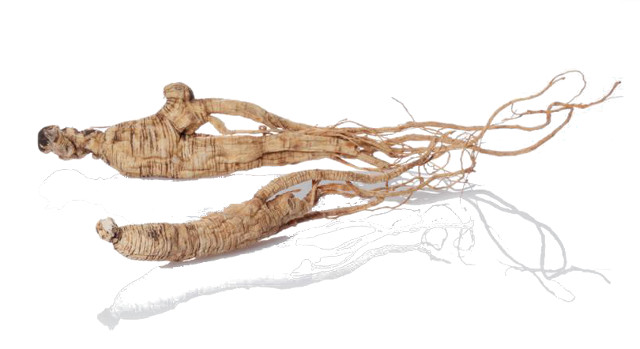
Ginseng gives energy and alleviates fatigue. It enhances our immunity especially in the areas of Lungs, Heart and Spleen (digestion). There are 3 main types of ginseng commonly available that are suitable for people of different constitutions:
Type | Property | Body Constitution
– Asian ginseng | A little warm | Qi-deficiency, Yang-deficiency, Phlegm-dampness
– Korean ginseng | Warm | Qi-deficiency, Yang-deficiency, Phlegm-dampness
– American ginseng | Cold | Yin-deficiency
2. Cordyceps (冬虫夏草)
Cordyceps is known to be beneficial to the Lungs and Kidneys. It is slightly warm in nature and is suitable for people with Yang-deficiency, Balanced or Phlegm-Dampness constitutions.
3. Lingzhi
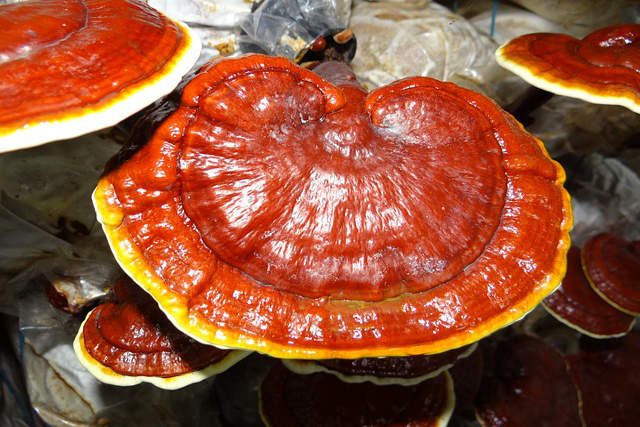
Lingzhi is an overall performer. It benefits the Lungs, Liver, Heart, Kidney and Spleen (digestion) and is especially beneficial for people who have “3 highs” (high cholesterol, high blood pressure and high blood sugar).
When taken in the morning, it enhances energy and helps the mind to focus better, and when taken at night, it helps you to sleep better. Whole Lingzhi is suitable for people of all constitutions whereas its cracked spores, due to them being warm in nature, should be taken with caution by Yin-deficiency people or those with a tendency to feel “heaty”.
4. Bird’s Nest
Bird’s nest is a prized tonic for the Lungs. It is especially good for people who have long periods of cough due to weakness in their respiratory system, insufficient sleep and overworking.
It is best suited for those with Yin- or Qi-deficiency and should not be taken by people with Phlegm-Dampness or Damp-Heat constitutions and those with abundant phlegm in the recovery phase of cold/flu.
Other Ways to Keep Your Immunity Level Up
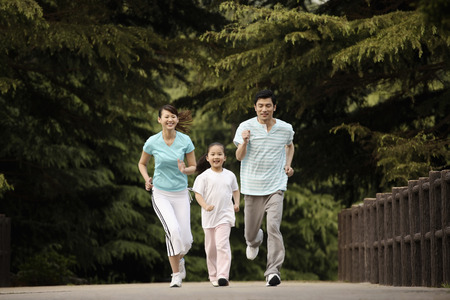
- Have good work-exercise-rest balance
- Have sufficient sleep. Aim to sleep by 11pm
- Eat nutritious and balanced meals
- Avoid junk food and deep-fried food
- Drink enough water but avoid cold/iced drinks or desserts
- Keep warm in places with air-conditioning
This article is contributed by Physician Tan Shiau Tse, Heritage® TCM clinic.
Physician Tan Shiau Tse (陈晓芝) is the principle TCM physician of Heritage® TCM clinic and has extensive experience in treating pain management, women’s health and fertility management. A graduate from the prestigious Nanjing University of TCM (China) and the Singapore College of Traditional Chinese Medicine, she is a registered TCM Practitioner under the Singapore Traditional Chinese Medicine Practitioners Board. Prior to pursuing a career in TCM, she graduated from NUS with a Masters in Sociology.
* * * * *
Like what you see here? Get parenting tips and stories straight to your inbox! Join our mailing list here.
Want to be heard 👂 and seen 👀 by over 100,000 parents in Singapore? We can help! Leave your contact here and we’ll be in touch.





